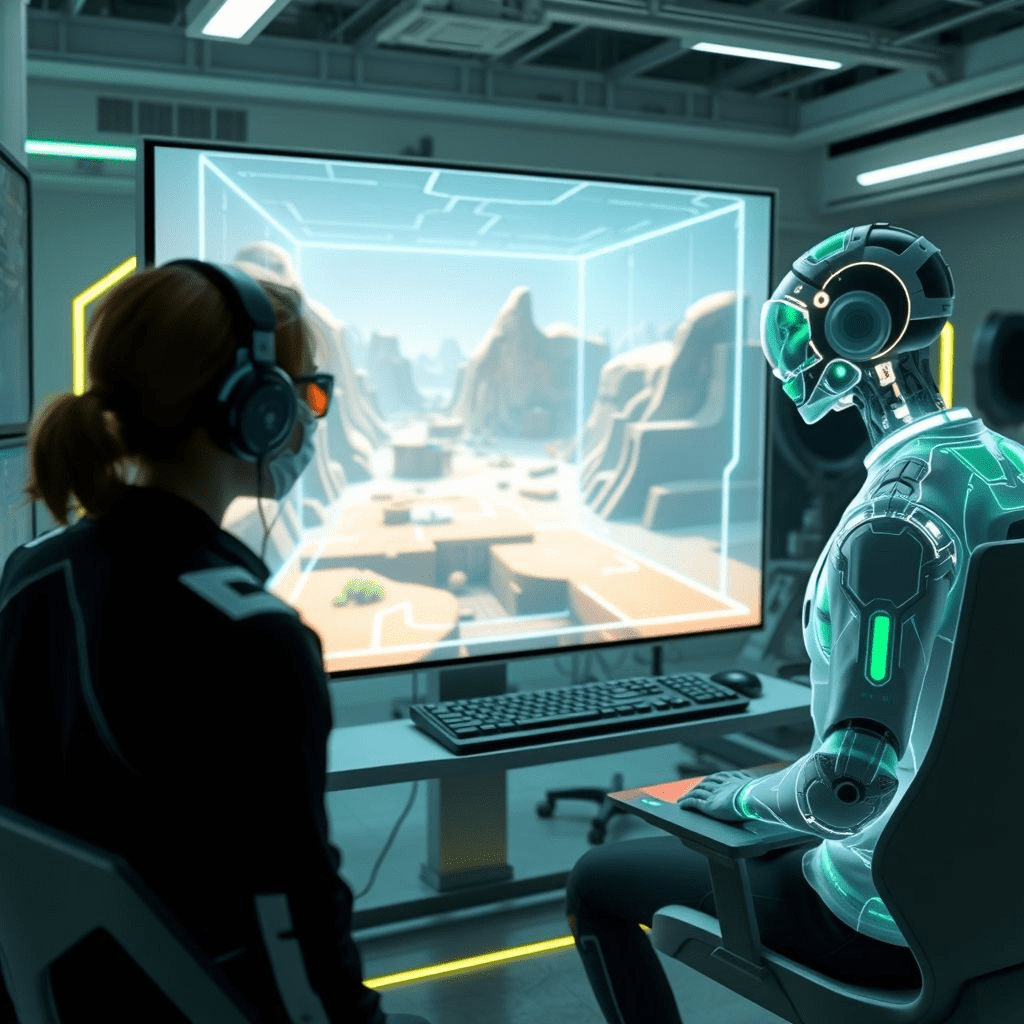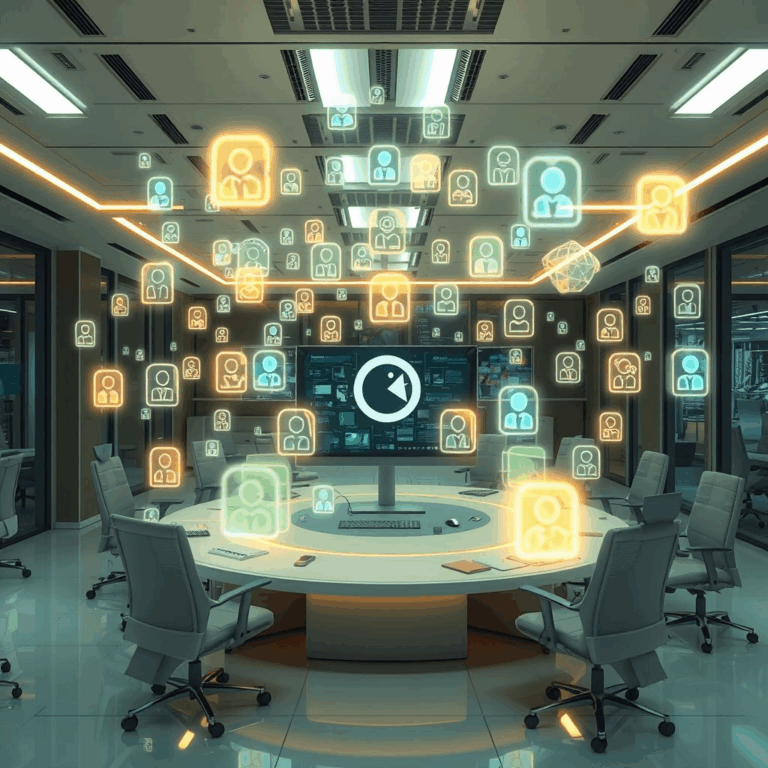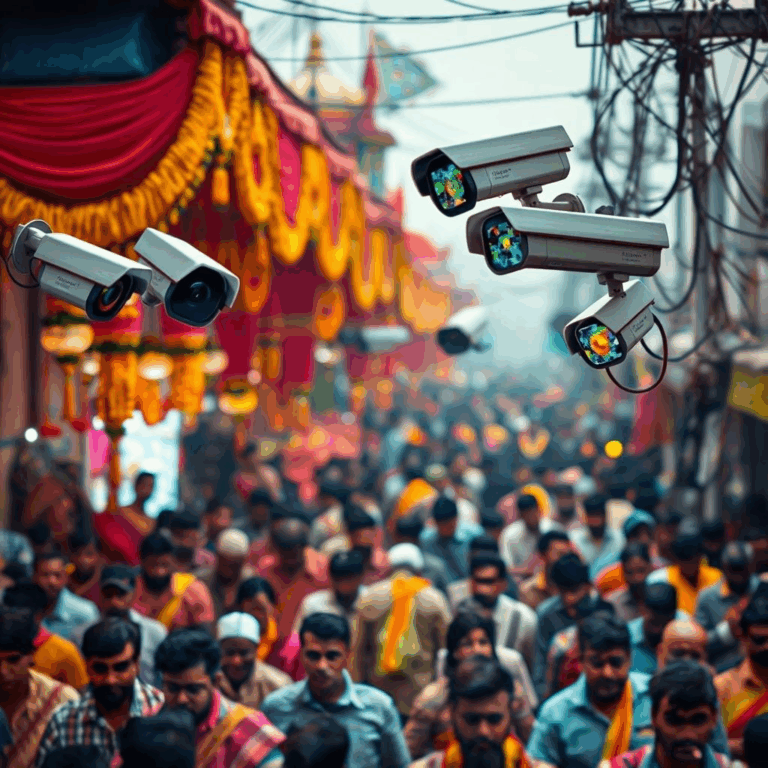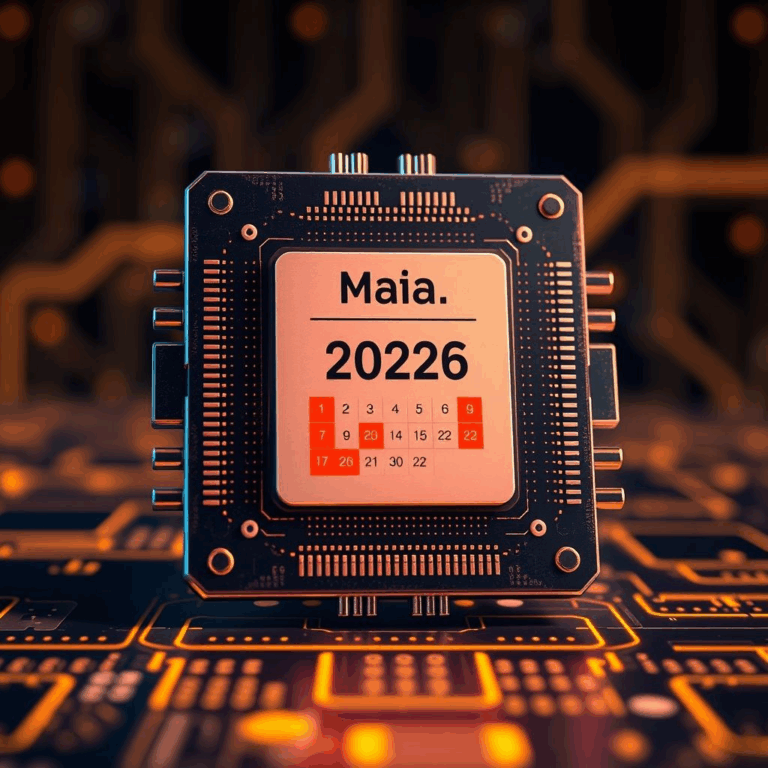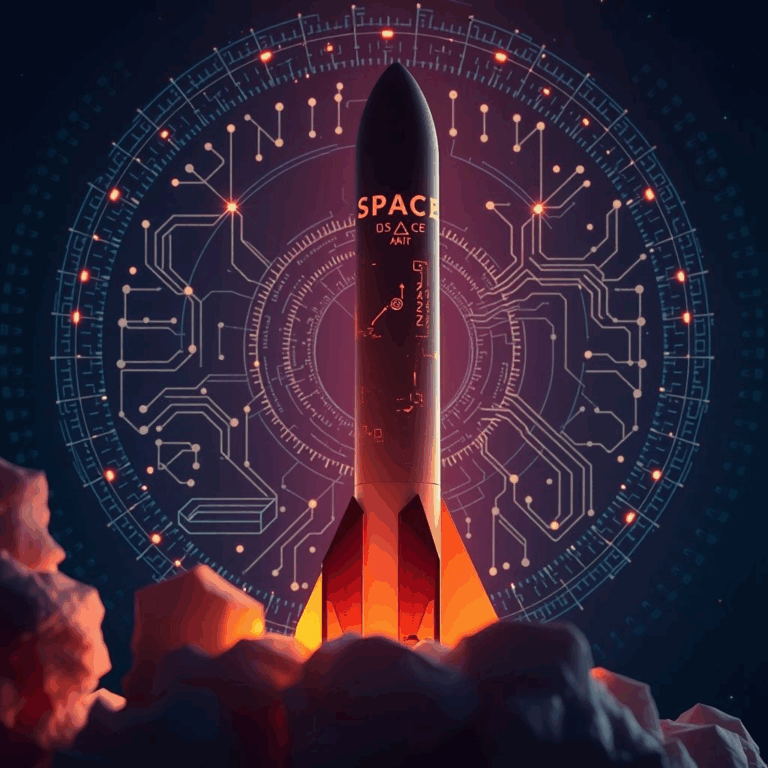AI Agents in Gaming: 87% of Developers Now Use AI in Game Creation
By AJ Tech Desk | August 20, 2025
A newly released industry study has revealed that 87% of game developers now use AI Agents in Gaming workflows—a striking indicator of how quickly artificial intelligence is embedding itself into the heart of the global gaming industry. From independent creators to the largest AAA studios, generative AI and AI-driven agents are no longer fringe tools—they’re becoming the creative backbone of modern development.
Background: From Tools to Creative Partners
For decades, game developers have relied on automation to speed up repetitive tasks. Procedural generation in classics like Minecraft or AI-assisted pathfinding in Age of Empires laid the groundwork for more advanced integrations. But until recently, AI’s role was largely technical—managing non-playable character (NPC) behaviors or helping optimize memory usage.
That changed dramatically with the rise of generative AI models. Suddenly, developers could use AI not just to run parts of a game, but to help create the game itself—from generating dialogue and characters to proposing level designs.
Now, with 87% of surveyed developers acknowledging AI use, the industry has crossed a threshold: AI Agents in Gaming are mainstream.
Key Findings from the Study
According to the report, which surveyed more than 600 developers worldwide:
- 87% adoption rate: The overwhelming majority have incorporated AI tools into their workflow.
- Core applications:
- Procedural world-building and level design.
- Automated coding support.
- Character animation and rigging.
- Narrative generation and dynamic dialogue writing.
- Efficiency boost: Many reported that AI saves 10–30% of development time, particularly in early prototyping and asset creation.
- Creative liberation: Developers emphasize that AI frees them from repetitive technical work, giving them more time to focus on storytelling and innovation.
Voices from the Industry
While the study didn’t disclose individual developer names, analysts and gaming experts have weighed in:
- Dr. Michael Alvarez, Gaming AI Researcher, University of California:
“AI Agents in Gaming are not replacing creativity; they’re amplifying it. Developers still set the vision, but AI handles the heavy lifting.” - Priya Singh, Indie Game Designer (Bangalore, India):
“For a two-person team like ours, AI art and coding assistants mean we can compete with studios five times our size. It’s an equalizer.” - Marcus Hale, Analyst at GameTrends:
“Expect AI literacy to become a core skill for developers. Just like 3D modeling tools defined the 2000s, AI Agents will define the 2020s.”
Opportunities AI Unlocks
The benefits extend beyond cost savings:
- Faster Prototyping: Developers can sketch game ideas in days, not months.
- More Immersive NPCs: AI-driven agents can simulate nuanced emotions, making worlds feel alive.
- Accessibility: AI enables small studios in emerging markets to create visually and mechanically sophisticated games.
- Personalized Player Experience: AI can tailor difficulty levels, quest lines, or even dialogue to individual players.
The Challenges and Concerns
Despite optimism, the rise of AI Agents in Gaming isn’t without its critics:
- Ethical Ownership: If AI generates art or music, who owns it—the studio, the developer, or the AI vendor?
- Job Displacement: Traditional roles in art, QA testing, and asset creation may decline in demand.
- Quality Control: AI can hallucinate or generate inconsistent results, requiring vigilant oversight.
- Cultural Representation: AI-trained datasets risk perpetuating stereotypes if not carefully curated.
The Future: AI as a Co-Designer
Looking ahead, industry watchers predict that within five years, AI Agents will not only assist but co-design games—adapting story arcs, creating side quests, and balancing gameplay dynamically in response to live player behavior.
The key lies in balance. As Alvarez summarized:
“The best games of the future won’t be made by AI alone. They’ll be made by humans who know how to collaborate with AI.”

